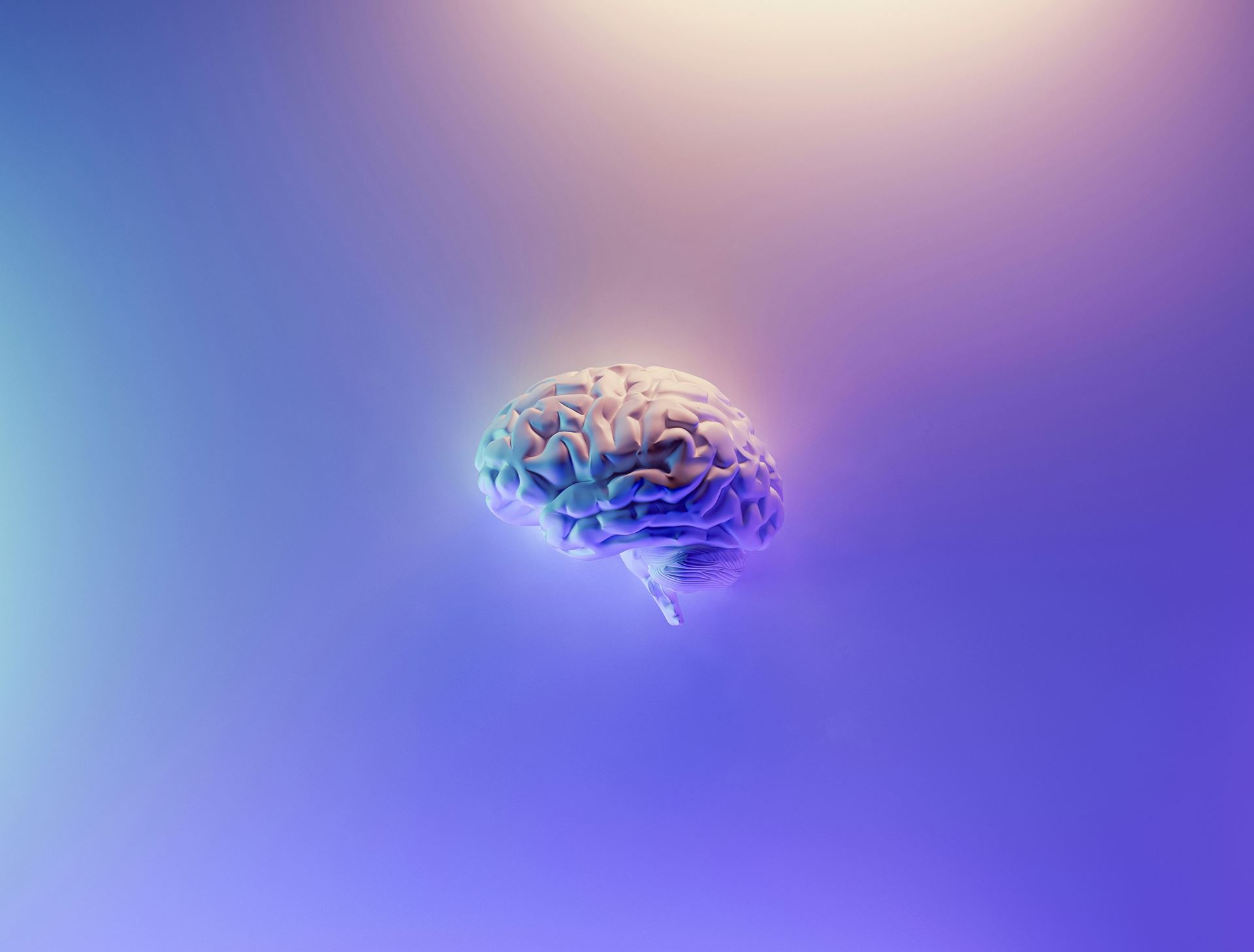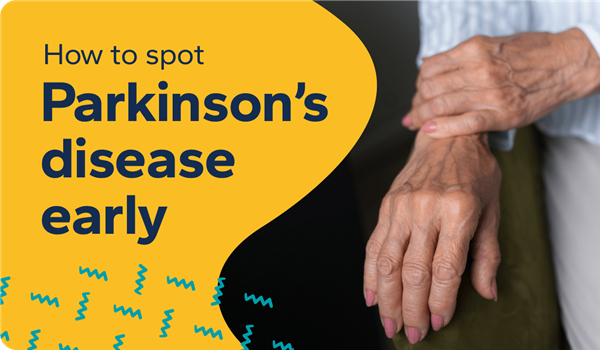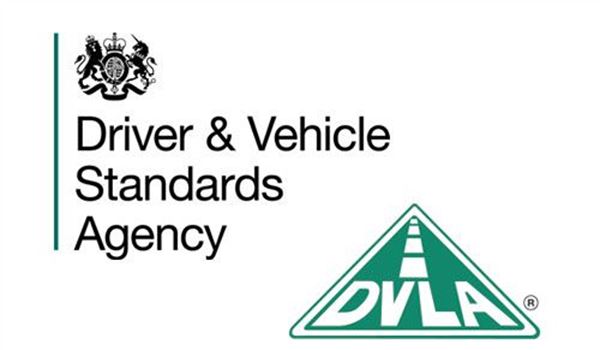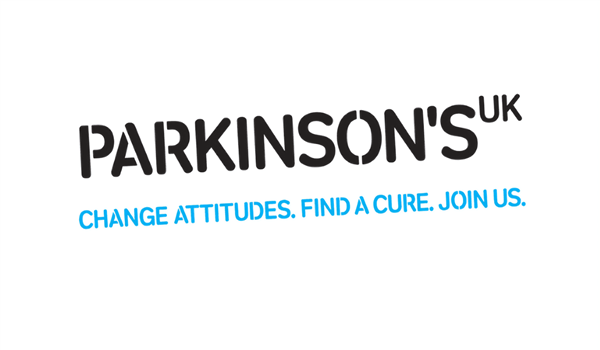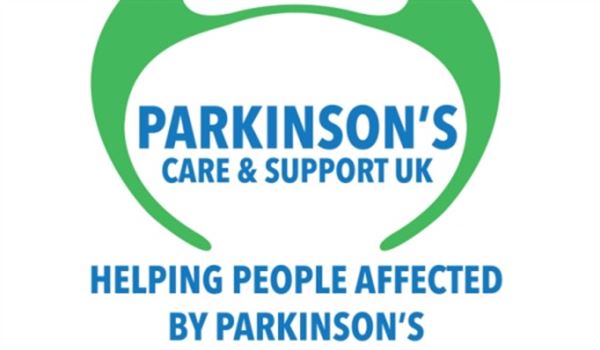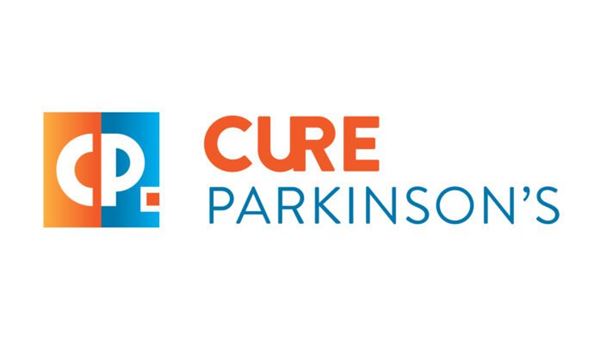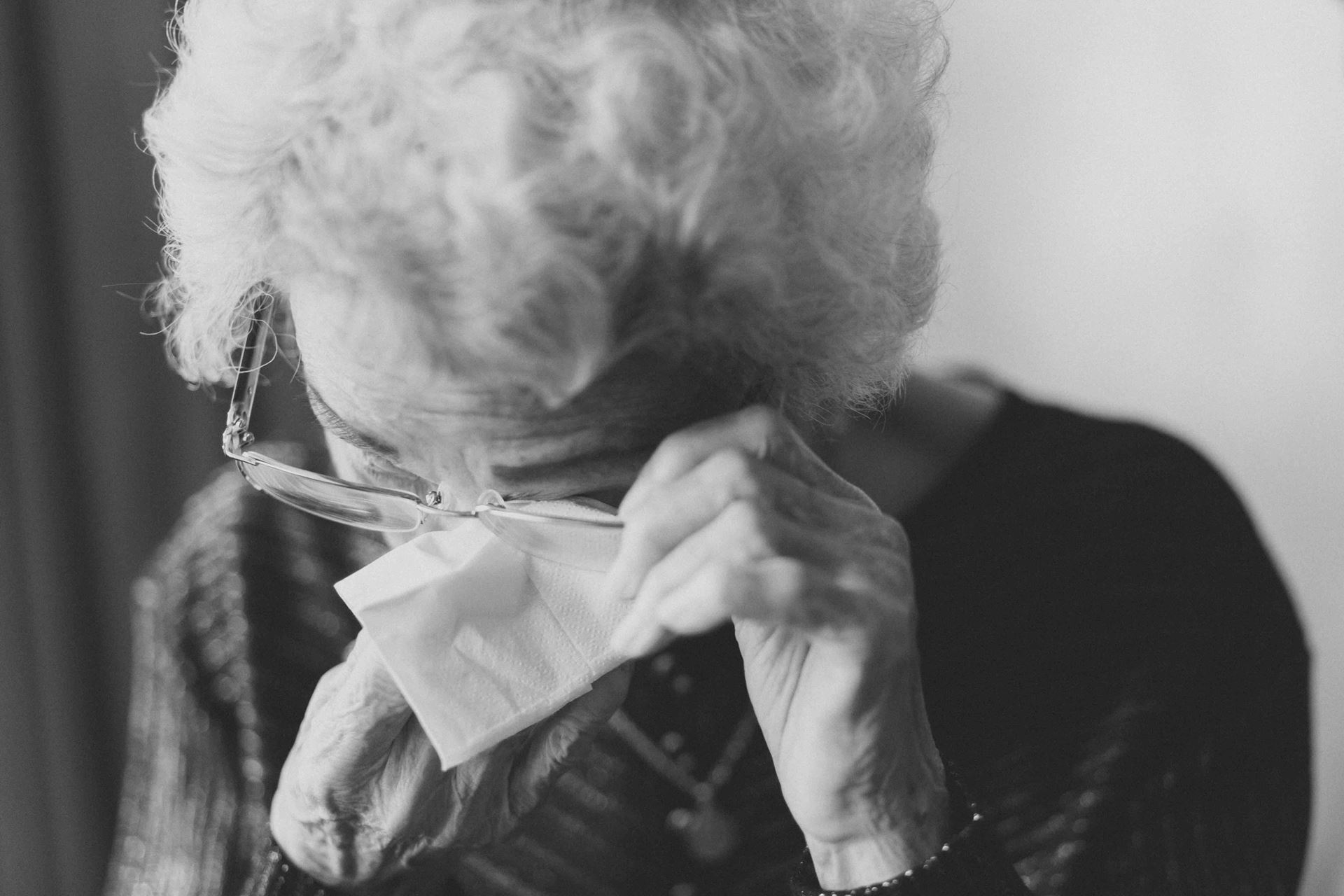Parkinson's Disease
What is Parkinson's
Parkinson's is a disease affecting the brain and can affect a person's movements and behaviour. It is whats called a degenerative disease which means it progresses over time as the brain becomes more damaged by the condition. It is caused by a reduction in one of our brain chemicals, dopamine, causing symptoms such as:
- Rigidity, stiffness and slowing of movements
- Tremor (usually in one hand) that is worst at rest
- Shuffling movement when walking
- Stooped, forward tilted posture
It can also affect mood causing symptoms of depression and anxiety.
DVLA and Parkinson's
You must inform the DVLA if you have Parkinson's.
You can do this online or via a PK1 from to send to them.
Bus, coach or lorry drivers need to use the PK1V form.
You can be fined up to £1000 if you don't inform them.
Clinics and referrals
If you have typical symptoms and are over 65 years old we can refer you to a specialist assessment clinic for an initial assessment. These clinics are run by specialist doctors in medicine of the elderly or consultant neurologists. If you have been diagnosed with Parkinson's and needing further specialist advice about symptoms and management of your condition please fell free to call them on the number below:
- Telephone - 01314659156 (answer phone)
There are 6 locations that the clinics run from:
- Royal infirmary of Edinburgh - EH16 4SA
- Leith Community Treatment Centre - EH6 5JQ
- Liberton Hospital - EH16 6UB
- East Lothian Community Hospital - EH41 3PF
- St John's Hopsital, Livingston - EH54 6PP
- Western General Hospital - EH4 2XU
Please bring an up-to-date list of your medications to this appointment. Some patients may be sent for brain scans if appropriate during these appointments.
Once a diagnosis is made we can refer you to the Edinburgh Parkinson's Assessment Clinic (EPAC). These run weekly on Wednesdays between 13:30 and 16:30 at the Assessment & Rehabilitation Centre in the Royal Victoria Building, Western General Hospital, EH4 2XU. The is a car park opposite the building.
Treatment options
There are many treatment options for Parkinson's both medicinal and non-medicinal.
Non-medicinal:
- Physiotherapy - to help with stiffness and movement.
- Occupational therapy - to help optimise work and home life.
- Talking therapies - to help with the mental health aspect of Parkinson's.
- Speech and langauge - to help with troubles swallowing
- Diet advice
Medicinal:
- Levodopa - replenishes dopamine in the brain.
- Dopamine agonists - act on the dopamine receptors.
- Various inhibitors - inhibit the break down of dopamine so that more is available in the brain.
Surgery:
- Some patients can be candidates for surgery but this is under specialist review and consideration as not all patients are appropriate for it.
Mental health
If you are struggling with you mental health then please seek help. It can be difficult to express how you are feeling. Please contact the practice and arrange an appointment with one of our GPs. Alternatively, help can be found via the charity websites or online support. Parkinson's patients are twice as likely to commit suicide. Please see our mental health page for more advice.
Research opportunities
If you have a diagnosis of Parkinson's and are interested in participating in research to help understanding and treating the disease then there are opportunities to do so. Research clinic is held on alternate Wednesdays at the Anna Rowling clinic with Dr Gordon Duncan. If you are interested then more information can be found here.
Page created: 04 September 2020
